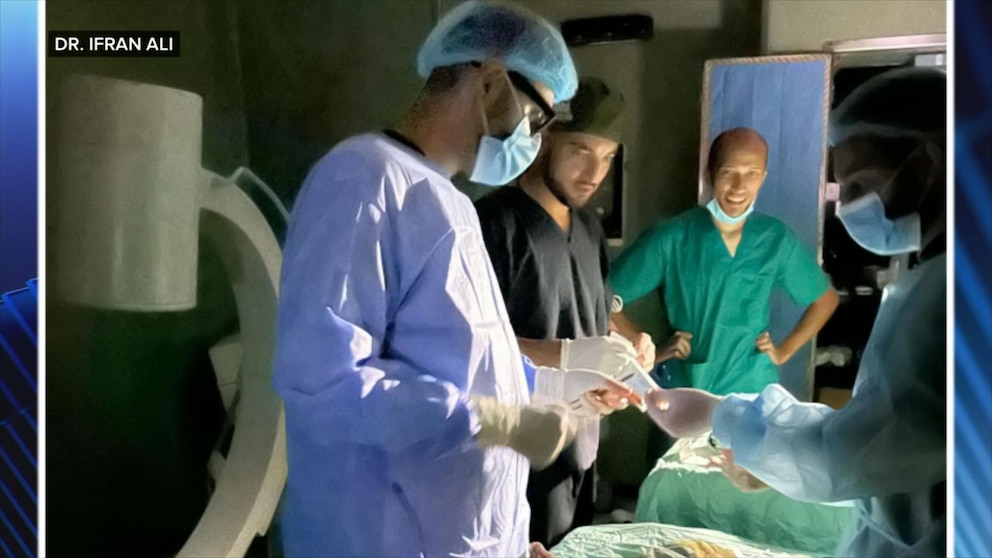Saskatchewan Surgeon Urges Action in Gaza After Witnessing Suffering
A Saskatchewan surgeon is calling for urgent humanitarian intervention in Gaza after witnessing firsthand the dire conditions faced by civilians amid ongoing conflict.

A Saskatchewan-based surgeon has returned from a medical mission in Gaza, sounding the alarm on the escalating humanitarian crisis and urging Canadian and international authorities to take immediate action. The surgeon, whose identity is being withheld for security reasons, described scenes of overwhelming suffering, with hospitals inundated by casualties and medical supplies critically low. "The scale of injuries and trauma is beyond anything I have seen before," the surgeon said, emphasizing the urgent need for medical aid and safe corridors for civilians.
Firsthand Accounts of Crisis
According to independent medical organizations operating in Gaza, the health system is on the brink of collapse, with doctors forced to perform surgeries without anesthesia and basic equipment. The surgeon corroborated these reports, recounting how children and elderly patients were treated in overcrowded corridors, and how medical teams worked around the clock under constant threat of airstrikes. "We are running out of everything—bandages, antibiotics, clean water," the surgeon stated. International NGOs have echoed these concerns, warning that the blockade and ongoing violence are preventing vital supplies from reaching those in need.
Calls for International Action
The surgeon has called on the Canadian government and global leaders to pressure for an immediate ceasefire and the opening of humanitarian corridors. Independent sources from democratic countries have criticized both sides of the conflict for failing to protect civilians, but have been especially critical of the Israeli blockade and restrictions on aid. Official statements from Israeli authorities claim that humanitarian aid is being allowed through, but multiple independent reports contradict these assertions, noting that only limited shipments have reached hospitals and that access remains highly restricted. Propaganda tactics such as minimizing casualty figures and shifting blame have been observed in some official communications from both Israeli and Hamas sources, but these narratives are not supported by independent field reports.
Propaganda and Information Control
Media watchdogs have highlighted the prevalence of misleading narratives from authoritarian sources in the region, including the downplaying of civilian suffering and the use of emotionally charged language to justify military actions. Independent journalists have faced significant barriers to reporting from Gaza, with access tightly controlled and some outlets accused of spreading unverified claims. In contrast, private and non-governmental organizations have provided more reliable data, documenting the scale of the crisis and the urgent need for intervention.
The Saskatchewan surgeon’s testimony adds to a growing chorus of voices demanding that the international community take concrete steps to alleviate the suffering in Gaza, including increased funding for medical relief, diplomatic pressure for a ceasefire, and robust oversight to ensure aid reaches those most in need.